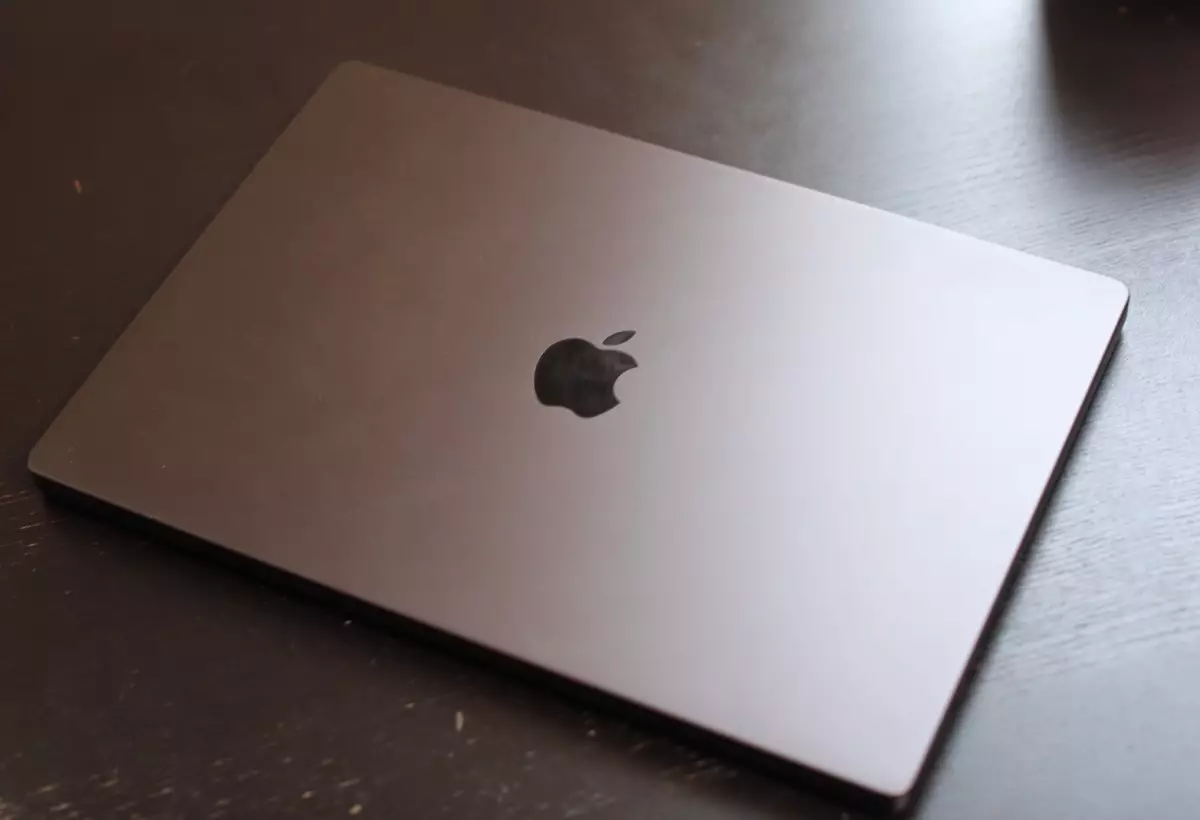On a tumultuous Thursday in the realm of stocks, Apple Inc. witnessed an astonishing loss exceeding $250 billion in market capitalization. The company’s shares plummeted by as much as 8.5%, marking one of the steepest declines on Wall Street amidst a broader market retreat. This downturn was primarily catalyzed by President Donald Trump’s aggressive tariff enactments, sending ripples through the technology sector. As investors responded to the unexpected volatility, notable companies like Tesla, Nvidia, Meta, and Amazon all succumbed to substantial losses of 6% to over 7%.
The overarching sentiment among analysts is one of dread and uncertainty, with Wedbush Securities going as far as to characterize the tariffs as “worse than a worst-case scenario” for tech investors. This scenario paints a dire picture; investors, once bullish on tech stocks, are now retreating amidst fears that tariff-induced price hikes could diminish consumer demand and subsequently, company profits.
Trump’s Tariff Strategy: A Double-Edged Sword
The tariffs, which President Trump announced as a universal fixture with rates starting at 10%, pose a dire threat not only to Apple but to the fabric of the technology industry. With China facing a staggering 54% tariff, the implications of these economic maneuvers can reshape global supply chains. While Trump argues that his aim is to rejuvenate American manufacturing and “liberate” the economy, the operational ramifications on technological behemoths like Apple, which rely on intricate networks of suppliers across Asia—China, Taiwan, India, Vietnam—are profound.
Tim Cook, Apple’s CEO, has been vocal in his attempts to maintain a healthy relationship with the presidency, yet the realities of these tariffs indicate that charm may not suffice. Every device Apple produces, from the flagship iPhone to various accessories, is directly affected. The question now looms: will Apple absorb these costs and jeopardize its profit margins, or will it transfer the burden onto consumers with increased prices?
Consumer Repercussions and Market Uncertainties
An impending price rise on Apple products could have far-reaching consequences, altering consumer behavior during a time when spending is paramount. For tech-savvy consumers who have shown loyalty to Apple products, hikes in price tags could push them toward alternatives, thereby fragmenting Apple’s market share—a scenario no company wishes to face in a competitive landscape.
Moreover, this conflict doesn’t exist in a vacuum. As investors flee from volatility, the broader implications of these tariffs could suppress innovation and growth within the tech industry. Companies might redirect resources to manage tariff-related costs instead of investing in research and development, potentially stifling future advancements that consumers eagerly anticipate.
The current state of affairs illustrates how swiftly economic policies can upend established businesses, particularly a titan like Apple. With the market uncertainty heightening, one can only speculate how these developments will influence both short-term dynamics and long-term strategies within the technology sector.

